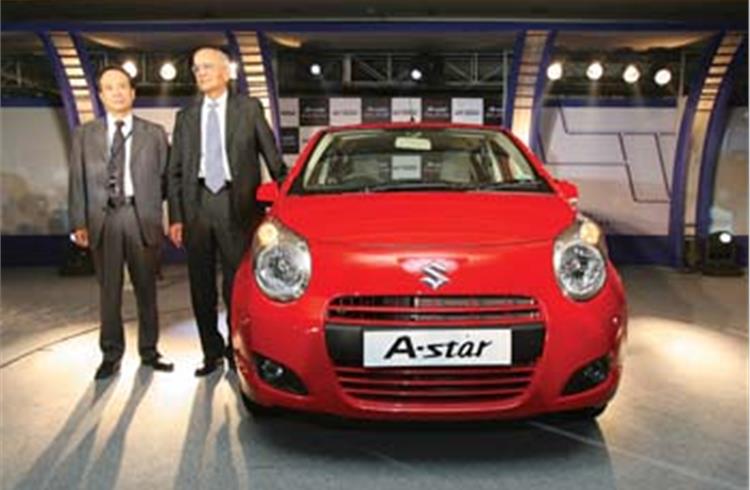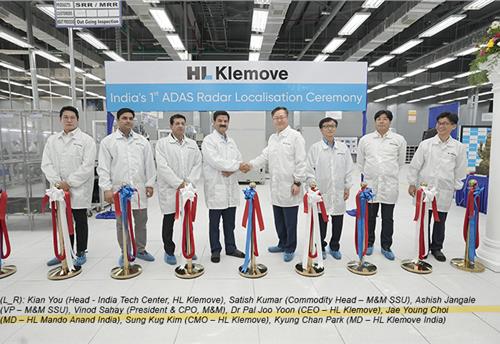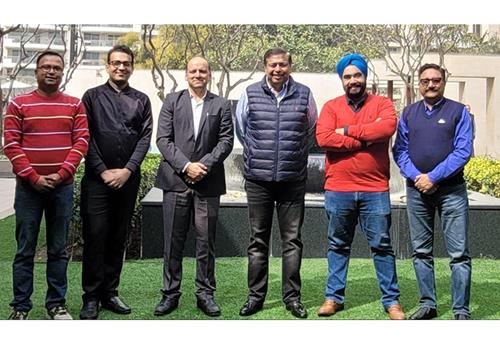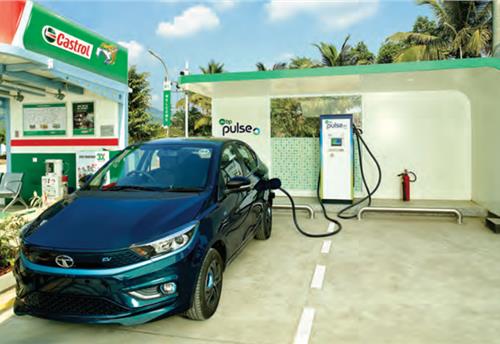Maruti gets dealers to tap corporates
Maruti Suzuki is going all out to tap the corporate world. In its bid to tide over the sales downturn, authorised dealers across the country have been asked to actively pursue corporate clientele expecting them to continue buying cars, albeit in smaller numbers. Rivals Honda Siel Cars and Ford India, among others, are also taking the same route. Armed with a list of more than over 200 companies, senior Maruti executives in various dealerships are making ‘cold calls’ to potential buyers.
Admitting the move, Maruti Suzuki’s chief general manager Shashank Srivastava told Autocar Professional that, “there has been a real push coming from Maruti in the last few months. We have witnessed huge growth in the past few years. We grew by more than 20 percent in the year before last and last year we grew by around 14 to 15 percent. But this year we are witnessing a slowing down of growth. However, we find that the corporates are buying a large number of vehicles. Essentially, we see there are two segments that have not been touched by the slowdown — individual buyers in the corporate sector and the rural segment. We are witnessing very good growth in both these segments.”
Srivastava agreed with the fact that corporates in India are going in for less expensive cars due to recessionary conditions. “That is not the reason for us to push sales but we definitely expect the trend. Another corporate trend is that people at lower levels are being allotted cars, and they can go in for less expensive cars like the Wagon R,” he noted.
A-star to boost sales
On November 19, Maruti Suzuki launched its fifth World Strategic Model, the A-star. Powered by the next-generation low-weight, three-cylinder aluminium K-series engine produced at Maruti Suzuki’s Gurgaon facilities, the A-star is expected to do well in both the domestic and export markets. The five-door hatchback has very low CO2 emissions at 103 gm/km and offers good fuel efficiency. The car is also ELV (End-of-life) compliant and does not use any lead, cadmium, chromium (+2) and mercury in production; in fact 85 percent of the car is recyclable.
Exports are a focus area for the A-star. Former manager director and current chairman R C Bhargava said, “We expect exports to touch 200,000 cars by 2010-2011, provided the world economic situation changes for the better. Demand worldwide is shifting to smaller, fuel-efficient cars and we should benefit by it”.
As regards the Nissan-badged A-star (to be called Pixo in international markets), he said there are no firm orders as yet from Nissan but Maruti Suzuki hopes that it would materialise “but the numbers will depend on how they see the numbers at the end.” He said by June 2009 the market situation will be clearer.
In terms of vehicle production at Maruti, Bhargava said that till end-October 2008, total numbers were higher by four per cent as compared to the previous year. “We do not expect production and sales to go lower than last year. Exports of cars will be facilitated by the car terminal at Mundra port, which we are setting up in partnership with the Adani Group. New double-decker railway wagons have been developed for transporting cars from the factory,” he said.
Meanwhile, chief general manager marketing Shashank Srivastava said Maruti Suzuki does not plan to retire any existing product despite the company’s increasing model range and overlapping prices. “This segment is crowded. There could be cannibalisation but I believe there is a lot of segmentation in the market and each customer seems to be demanding a particular type of vehicle suited to his or her needs. So it’s not about one family car we used to have in the good old days. We feel segmentation has started in a big way in the Indian market,” he said.
RELATED ARTICLES
Branded content: HL Klemove inaugurates first Local ADAS Radar Manufacturing Unit in India, marks a significant achievement in “Make in India” initiative
The inauguration ceremony was held in the presence of Vinod Sahay, President and CPO of Mahindra & Mahindra Ltd. and Dr....
BluWheelz to 'Green Up' logistics sector
With their EVs-as-a-service solution, the startup is playing it smart with costs and looking to electrify the entire seg...
BRANDED CONTENT: Spearheading the EV revolution in India
Jio-bp is a joint venture between Reliance Industries and BP PLC where both entities have married international expertis...





 By Autocar Pro News Desk
By Autocar Pro News Desk
 06 Dec 2008
06 Dec 2008
 2214 Views
2214 Views









